if a person is attracted to another person of the same sex, this is
 What Does It Mean to Be Heteroflexible? 9 Things to Consider
What Does It Mean to Be Heteroflexible? 9 Things to Considertag manager container The LGBTQ+ Terminology project Ally: Anyone who works in solidarity with other heterosexual people as well as with the community to help in the fight against hatred, discrimination and heteroexist and the patriarchal norms present in our culture. Being an ally means sharing power, risk, take responsibility, open to the unknown, realize that you are part of the solution, leveling the playing field, accepting differences, make subsidies, and lead for action. Androgyny: Showing features of both or none of the two culturally defined genres. Asexual: An identity where people do not feel sexual attraction, or feel very unsexual attraction (Grey-asexual). This does not determine romantic attraction or sexual desire. Cisgender: People whose gender identity coincides with the gender and sex role that were assigned at birth. Leaving: The process of realization, understanding and acceptance of sexual orientation itself or gender identity, usually involving the process of telling others. Because it is a process, getting out is not a one-time occurrence, but every time one presents Oneself as non-right. Because heterosexuality is part of the dominant culture, Straight people don't have to go out. Cross-Dresser: the act of wearing clothing and other associated accessories with "opposition" sex within a particular society. Femme: a lesbian whose appearance and behavior are traditionally feminine. FTM (Trans Man): A person identified by men who was classified as a woman at birth. Heterosexism: The belief that heterosexuality is "normal" or superior to other sexual orientations. It is one of the central ideas behind the homo-, bi- and transphobia and is key to maintaining patriarchy. This often forms as systemic or institutional heterosexism. Heterosexual: sexually attracted to people of the sex "opposition"Homophobia: Guilted and/or discrimination based on sexuality or perceived or real gender identity. Homophobia manifests in various ways, including verbal threats, jokes, physical/emotional violence and discrimination in adoption, marriage, employment, et cetera. Homosexual: sexually attracted to people of the same sex. Hormonal therapy: therapy that involves the use of medicines or surgical procedures to suppress production or inhibit the effects of a hormone (such as estrogen or testosterone) Lesbian: A person who identifies as a woman who is emotional, spiritual, physical and/or sexually attracted mainly to other women. LGBTQIA: Lesbian, Gay, Bisexual, Transgender, Question/Queer, Intersex, Asexual. Nonbinary: Someone who has an identity does not fall on both sides of the male/female spectrum or doesn't fit into that spectrum. Pansexual: Someone who identifies your personal and/or sexual attraction to the personality of the non-dependent person in sex, gender, sexual orientation, etc. Pansexual is often confused/nearly related to Bisexual. Safe Space/Zone: A safe space is a place where LGBTQIA or questioned people feel comfortable And I'm sure they're who they are. In this place, you can talk about your gender identity or sexual orientation without fear of being criticized, judged or ridiculed. A safe space does not provide advice, but a care environment for sharing concerns. Sapphic: Someone who identifies as a woman who is attracted to people who predominantly identify as a woman. Sexism: prejudice, stereotypes or discrimination, typically against women, on the basis sex. Sexual Orientation: The orientation within human beings, which leads them to be emotional, spiritually, physically and/or sexually attracted to people of one gender, another gender, or multiple genres. One's sexual orientation can be homosexual, heterosexual, bisexual, asexual, or other, etc. Direct [No-Gay, Heterosexual]: Someone who is emotional, spiritual, physical and/or sexually attracted mainly to members of another sex/gender. Bigender: denoting or relating to a person whose personal identity sense encompasses two gender. Biphobia: Hat and/or discrimination against bisexuals. Like transphobia, this way discrimination stems from both straight and gay communities. Some members the right community often collapse bisexuality in homosexuality and refer to Bi people like "gay." Thus, bisexual persons often face the same forms of discrimination, difficulty adopting children, and emotional and physical violence as a lesbian/gay community. Some members of the lesbian and gay community, on the other hand, often feel hostility towards bisexual people by being able to "pass" as a straight or by being "confused." Bisexual: A person who is emotional, spiritual, physical and/or sexually attracted of any sex or gender. Butch: have a look or other qualities of a traditionally seen male type. Demisexual: An identity where people cannot feel sexual attraction until an emotional bond is established. Domestic partner: a person who shares a residence with a sexual partner, especially without a law recognized union. Drag (Queen): a person, usually masculine, who dresses with drag and often acts with exaggerated femininity and in female gender roles for the purpose of entertainment or fashion. Often, they exaggerate certain features such as makeup and tabs for comic, dramatic, or satirical effect. Dyke: a long term for lesbians. Can be used derogatoryly, or can be a self-attributed label for lesbians with a more masculine demeanor. Gay: A person who identifies as a man who is emotional, spiritual, physical and/or sexually attracted mainly to other men. Gay however is often used as a umbrella term for men and women of the same kind, and many women identify as gay which, or besides, lesbian. Gender: Characteristics of masculinity and femininity that are learned or chosen. A person sex assigned does not always match their gender identity, and most people show traits of more than one genre. It is important to note that gender is different from and not inherently linked to sexual orientation. binary gender: The concept that there are only two genres and that are inherently connected to biological sex. Gender Confirmation Surgery: Sexual reassignment surgery or SRS (also known as gender reassignment surgery, genital surgery reconstruction surgery, gender confirmation surgery or sexual readjustment surgery) the surgical procedure (or procedures) by which the physical appearance of a transgender person and the function of their existing sexual characteristics are altered to appear that socially associated with their identified gender. Gender Dysphoria: the condition of feeling emotional and psychological identity as a man or woman to be different from the biological sex. Gender Expression: The way a person chooses to dress and show up himself, this is the result of society assigning gender to certain clothes or accessories. Gender identity: Describes the gender with which a person identifies (i.e., if perceived oneself to be a man, a woman, or describes himself in some less conventional way.) Genre Neutral: denote a word, expression, topic that cannot be taken to refer to a single gender Gender: A term used by some people who identify outside the traditional moustrum or Gender binary system. This term refers primarily to gender identity rather than sexuality orientation. Gender role: the role or behavior learned by a person according to their gender, determined by the prevailing cultural norms. Homophobia interned: The hatred or fear of the existing or potential homosexuality itself. It's to a great extent responsible for the amazing numbers of teenage suicides, depression and substance queer abuse. It is also a contributing factor to violence against alleged perpetrators LGBTQIA. Inmate, biphobia, racism, sexism and transphobia, equally are responsible for shame, negative body image and violence within our communities. Although the word internalizes negative sounds, it is possible to internalize positive self-image and pride. Intersex: Describes people born with some combination of male and female sex organs. Okay. to the Intersex Society of North America, "The anatomical differentiation of sex occurs in a male/woman continuum, and there are several dimensions." It is estimated that anywhere 1 in 100 to 1 in 1,000 babies are born intersected, but the most common reaction by medical establishment is "fix" these babies immediately through surgery means. Many consider that surgeries are often medically unnecessary and a form of mutilation. Monosexual: A Person who is romantic or sexual attraction to members of a sex or sex only. A single-sexual person can be identified as heterosexual or homosexual.(MTF) Female Trans: A female-identified person who was categorized as male at birth. Departure: When a LGBTQIA person has their identity shared with others without their permission. Depending on the situation of a person, being expelled can cause great damage to his life and well-being. The term refers to "going out of the closet. " Queer: Sometimes it is used as a term umbrella for those who identify themselves as lesbian, gay, bisexual, transgender, intersex or asexual. Historically, the term was used as an insult against those who are perceived as LGBTQIA. For this reason, its use can be controversial. He's got a problem. have been claimed by some LGBTQ people, especially younger generations. It can be political. statement advocating to break binary thinking and see both sexual orientation and gender identity as potentially fluid. Question: A term used to describe a person who is unsure about his sexual orientation and choose to label as "questions." " Trans: A general term for people whose gender identity is different from sex and gender role is assigned to them at birth. Transgender people can be heterosexual, homosexual, bisexual, and he may not identify himself as a faggot. Gender persons may be identified or not with this term. Transgender: A person whose gender identity is different from the sex that were assigned to birth, so you can choose to take hormones and/or get genital reassignment surgery (GRS). Policies differ from location to location to point on one's journey when a transgender individual can legally change his name and other legal documents. Transphobia: Hate and/or discrimination against people who break or mislead gender and gender roles features. Transphobia is a gender regime that says we are male or female, male or female. Like biphobia, it prevails in both uprights and lesbian and gay communities. Two Spirits: A term created by the tribes of the First Nation feeling that they did not fit into Western concepts of sexuality and gender. The term two spirits is exclusive to indigenous people. Two spirits reflects the traditional gender diversity of First Nations, which includes fluid nature of sexual and gender identity and their interconnection with spirituality and tradition views of the world. Baton Rouge, Louisiana 70803 335 LSU Student Union Building Baton Rouge, LA 70803Telephone: 225-578-4339 Copyright 2021. All rights reserved.

What Does It Mean to Be Heteroflexible? 9 Things to Consider

What Does Demisexual Mean? 17 FAQs About Sex, Attraction, More
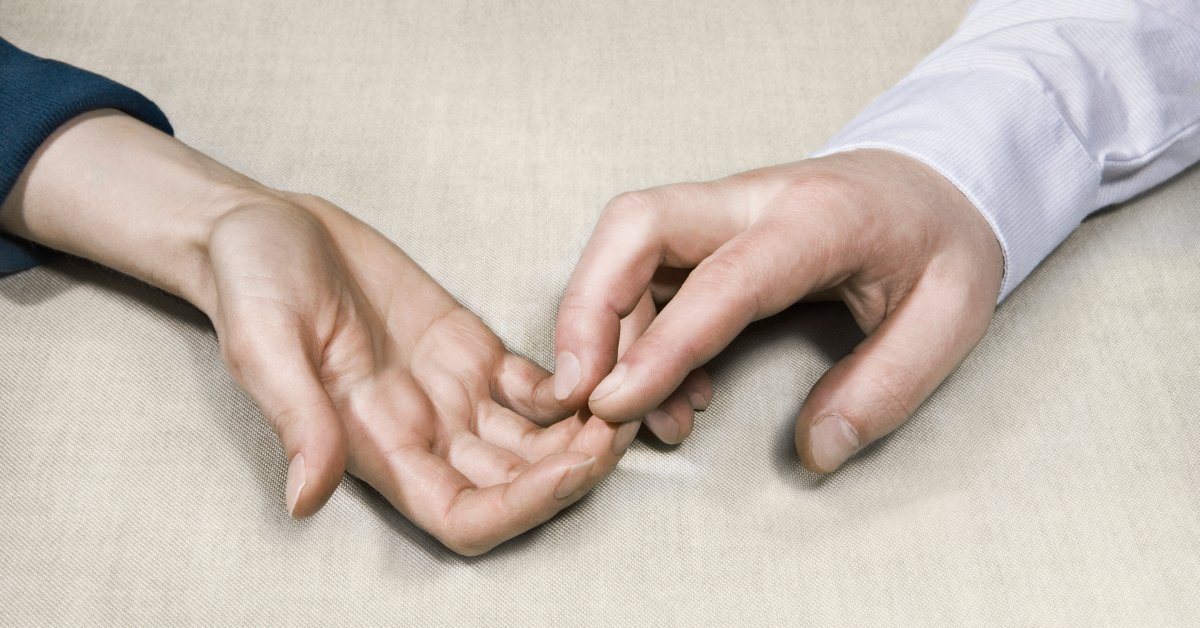
A New Sexuality: Not Straight. Not Bisexual. Mostly Straight | Time
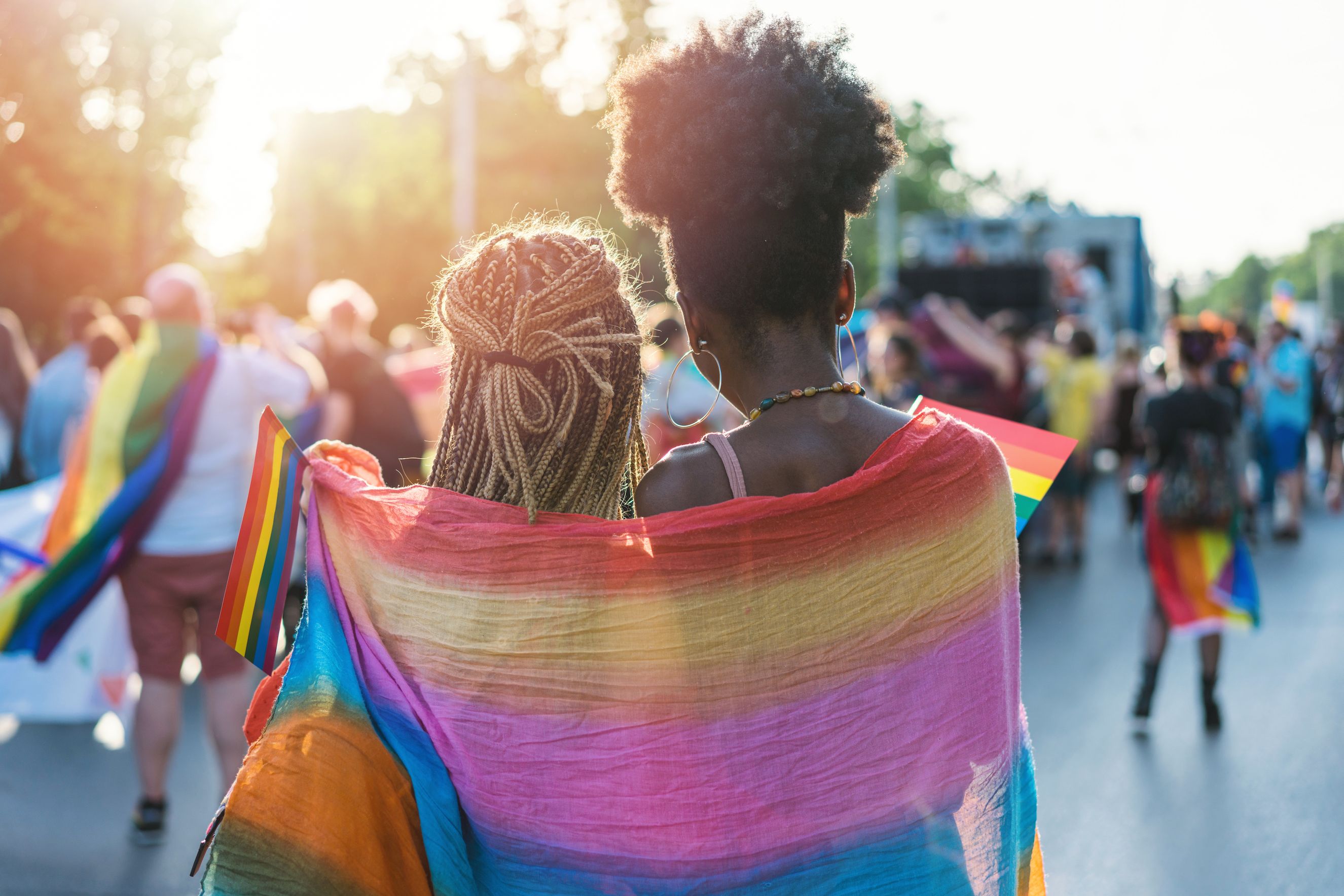
Demisexuality - Meaning and How to Tell If You're Demisexual

truelove.is | Am I homosexual if I'm attracted to a person of the same sex?

Bisexual vs. pansexual: What is the difference?
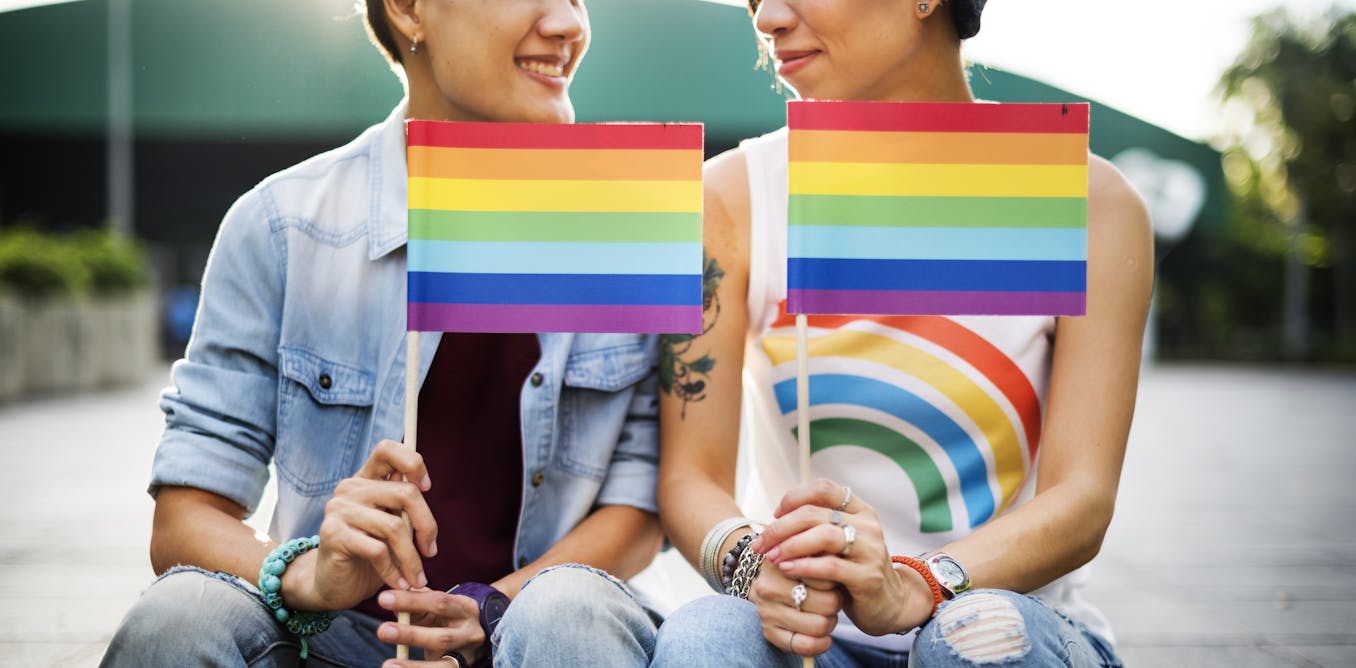
Stop calling it a choice: Biological factors drive homosexuality

Massive Study Finds No Single Genetic Cause of Same-Sex Sexual Behavior - Scientific American

What Are the Different Types of Attraction? 37 Terms to Know

The Scientific Quest to Prove Bisexuality Exists - The New York Times
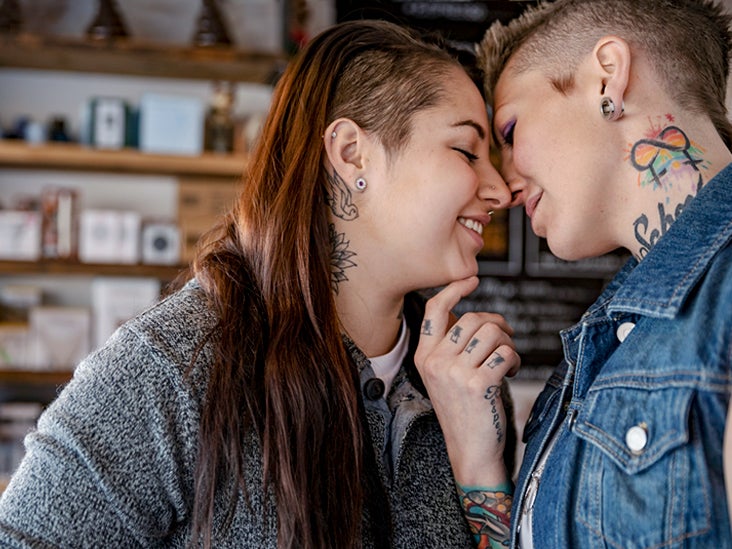
Bisexual vs. Pansexual: What's the Difference? And 14 Other FAQs
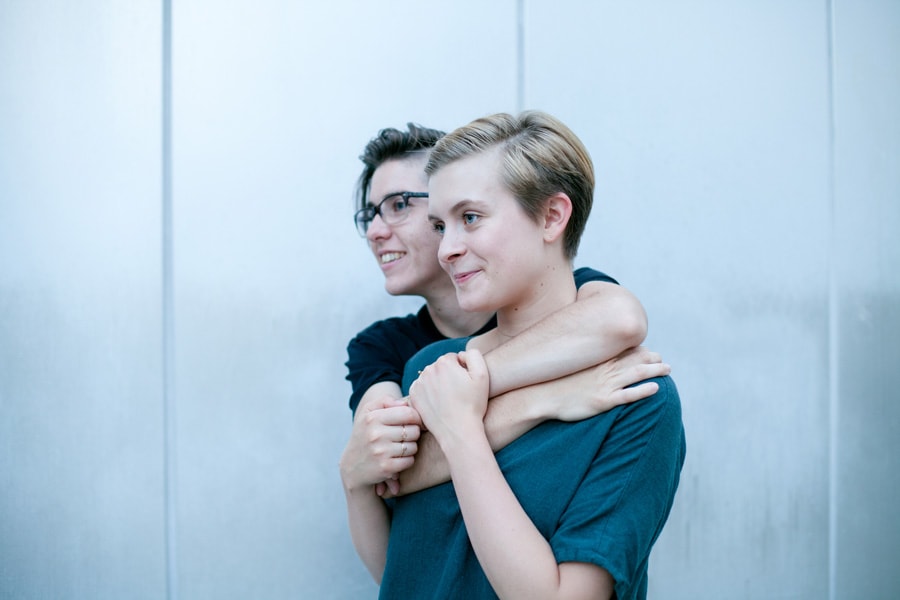
All about being gay | Sexuality | ReachOut Australia

Asexuality: What it means to be asexual

What is demisexual?
When You Feel "Chemistry" With Someone, What's Actually Going On? | Mental Floss

What It Means If You're a Girl Who Likes a Girl | Teen Vogue

Why would people 'choose' to be gay? | Science | The Guardian
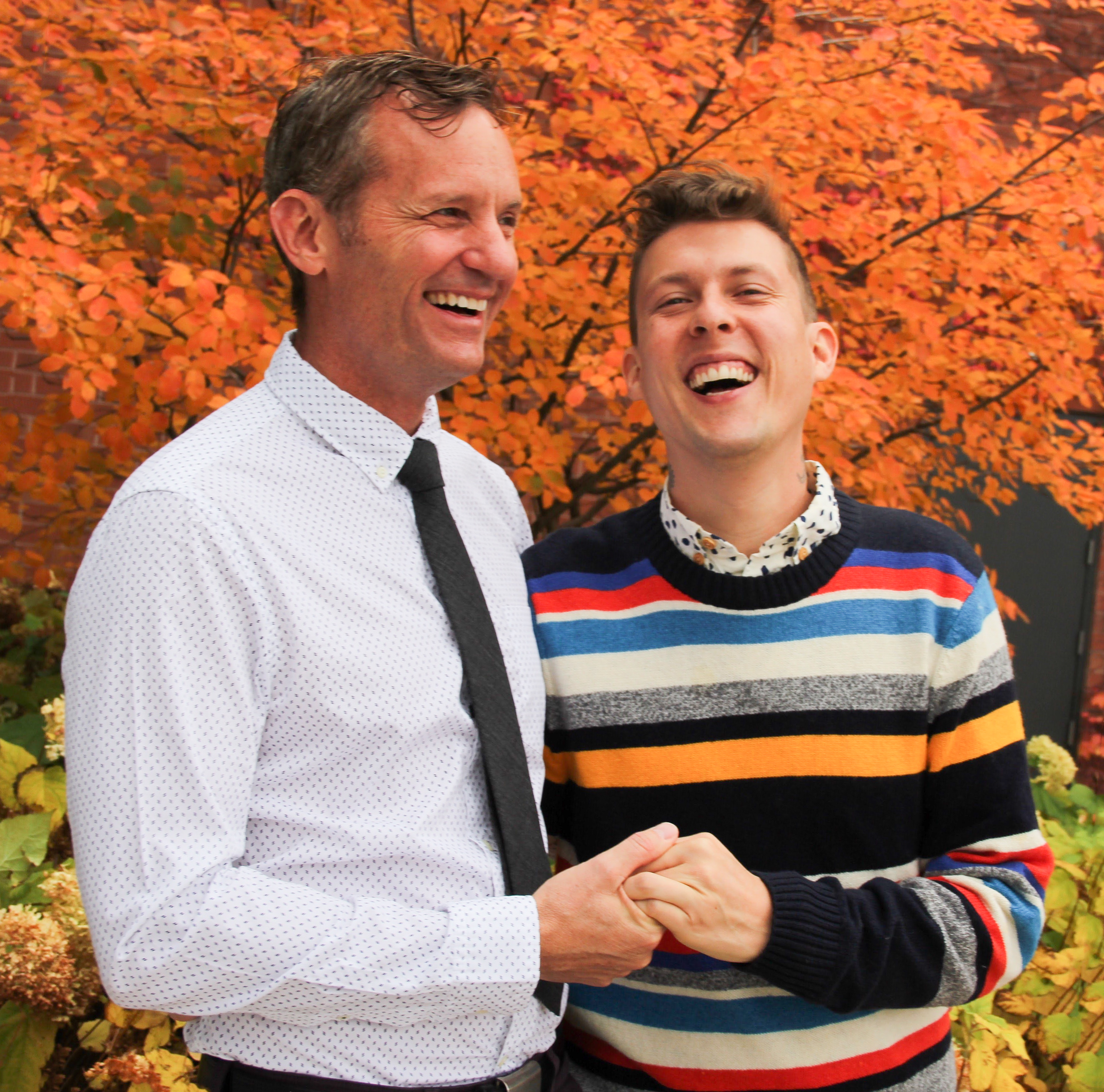
Same-sex marriage - Wikipedia

Health Check: is it normal not to want sex?

Am I Gay? 12 Things to Know If You're Questioning Your Sexuality

Is Biromantic the Same as Panromantic? And 8 Other FAQs
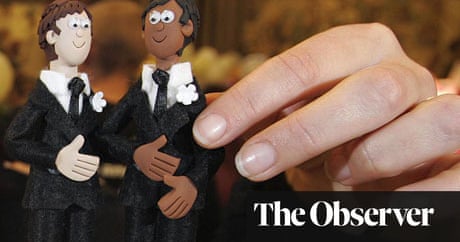
I'm a gay man, but now I am feeling attracted to women | Sexuality | The Guardian

What Are the Different Types of Attraction? 37 Terms to Know

How China is legally recognising same-sex couples, but not empowering them

Common Terms & Definitions by SAGE - issuu

Sexuality: am I gay, lesbian or bisexual? | Avert

There is no 'gay gene.' There is no 'straight gene.' Sexuality is just complex, study confirms | PBS NewsHour
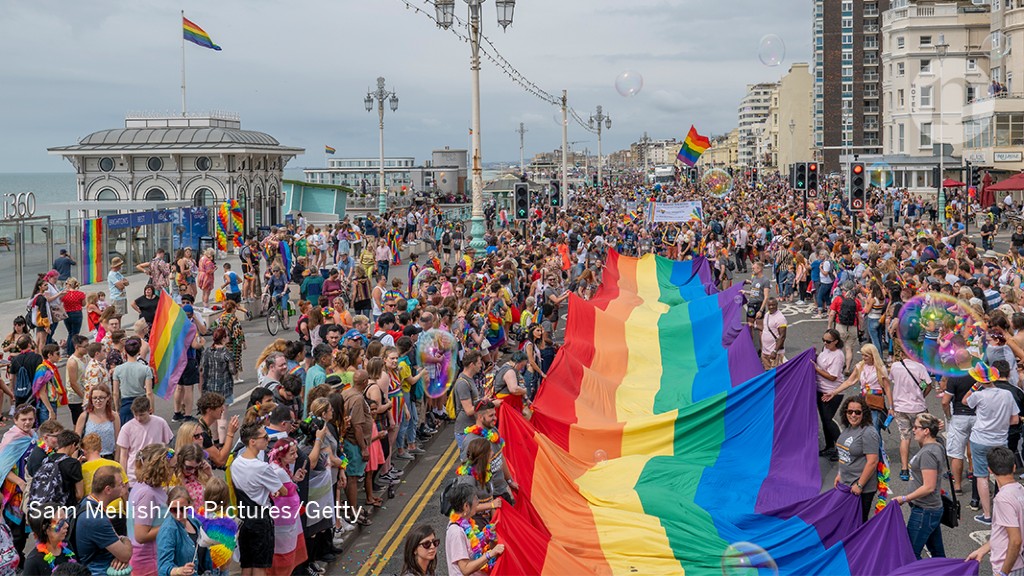
No 'gay gene': Massive study homes in on genetic basis of human sexuality

LGBT rights | Amnesty International

Is 10% of the population really gay? | Society | The Guardian

Androphilia and gynephilia - Wikipedia

You can tell if someone is attracted to you by their voice
Men and Women Can't Be "Just Friends" - Scientific American

What Does It Mean to Be Graysexual? 16 Qs About Attraction and More

4 Things You Need to Know about Attraction - Gaiam

LGBTQ definitions every good ally should know

The People Who Prioritize a Friendship Over Romance - The Atlantic

What makes you attracted to someone? Why certain people set our hearts racing | South China Morning Post
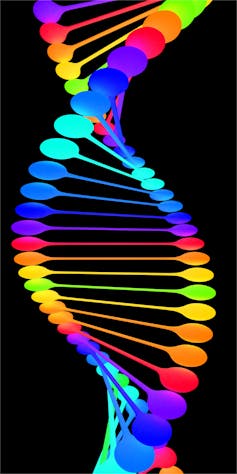
Stop calling it a choice: Biological factors drive homosexuality
Posting Komentar untuk "if a person is attracted to another person of the same sex, this is"